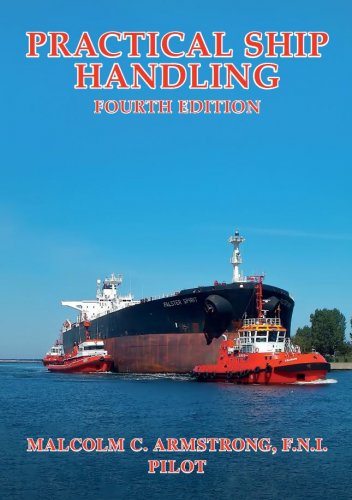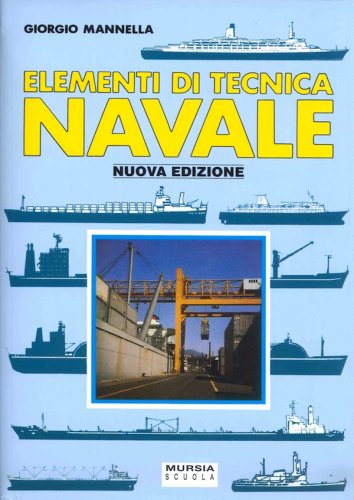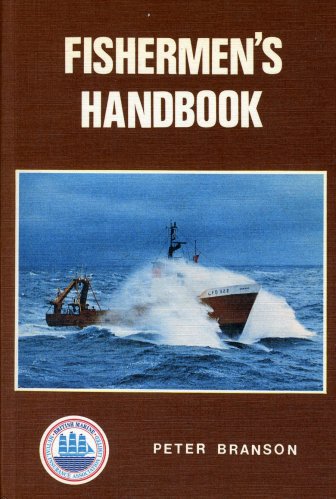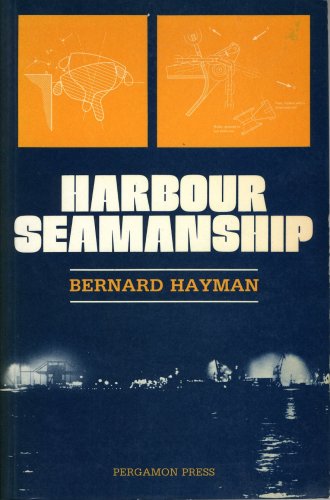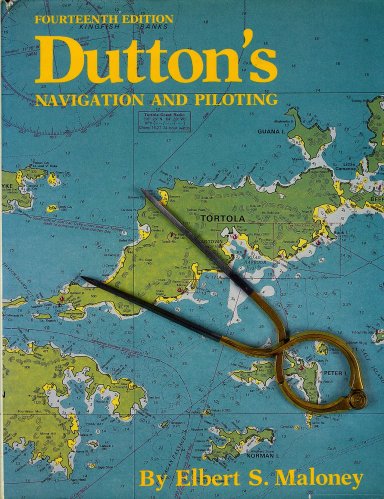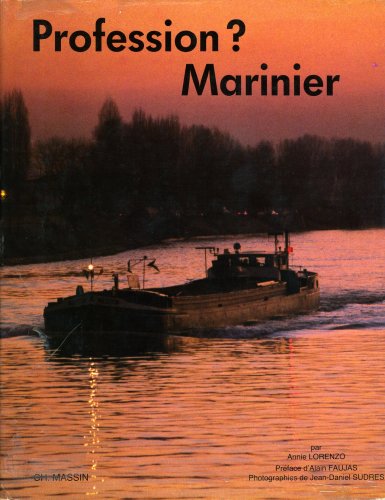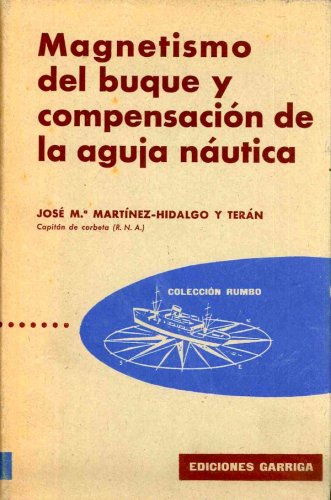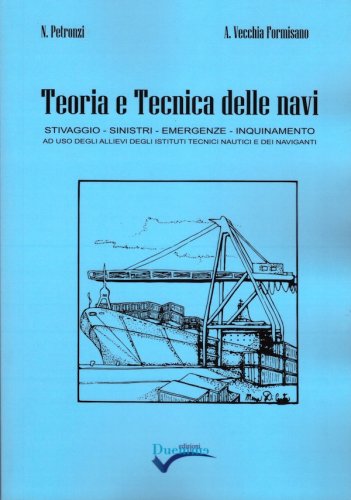Practical ship handling
Practical ship handling
- Disponibile in 7 giorni
- Possibilità di reso entro 10 giorni lavorativi
- Transazione sicura con carta di credito, Paypal o bonifico bancario
- Spedizione tracciata con SDA
Masters and officers of large ships seldom have the opportunity or the necessity to handle their own ships in confined quarters. This is the domain of the harbour pilot who acquires the art of ship handling by continual practice. However this book has not been written exclusively for pilots. It is necessary for ships' officers to gain knowledge of ship handling as part of their career training and in order to give intelligent and correct answers to examination questions on the subject. Pilots, masters and ships' officers will all find a wealth of information and advice in this book. A pilot is engaged for his local knowledge as well as for his ship handling skills; he is the one who manoeuvres the ship, but in order to ensure a safe and efficient operation, there must be a team effort on the ship's bridge and there must be cooperation between the ship and the tugs and between the ship and other port services. The pilot and master exchange relevant information about the ship and the pilotage and in order to be of optimum assistance, the ship's officers must be given guidance on procedures in pilotage waters. One cannot become a ship handler simply by reading about it, but there are certain fundamentals that can be explained in connection with practical ship handling and there are principles, rules and theories that must be observed and understood. The design and style of ships has changed over the years and ship handling has to be adapted to these changes. The average size of ships has increased, but ports have not always increased in size accordingly. Some ships have been equipped with sophisticated position finding instruments and advanced propulsion systems to assist with manoeuvres in confined spaces. Training on simulators has become normal procedures at some ports and by some ship owners. However, ship handling will always be a practical function and the ship handler must be prepared for any ship in any set of circumstances, with and without tug assistance and no matter what modern equipment is supplied or lacking. There is always more than one way of berthing a ship or of placing tugs; sometimes there is more than one way that is correct. The methods and advice given in this book have been proved by practical experience. An understanding of ship handling will lead to better ship handling.

